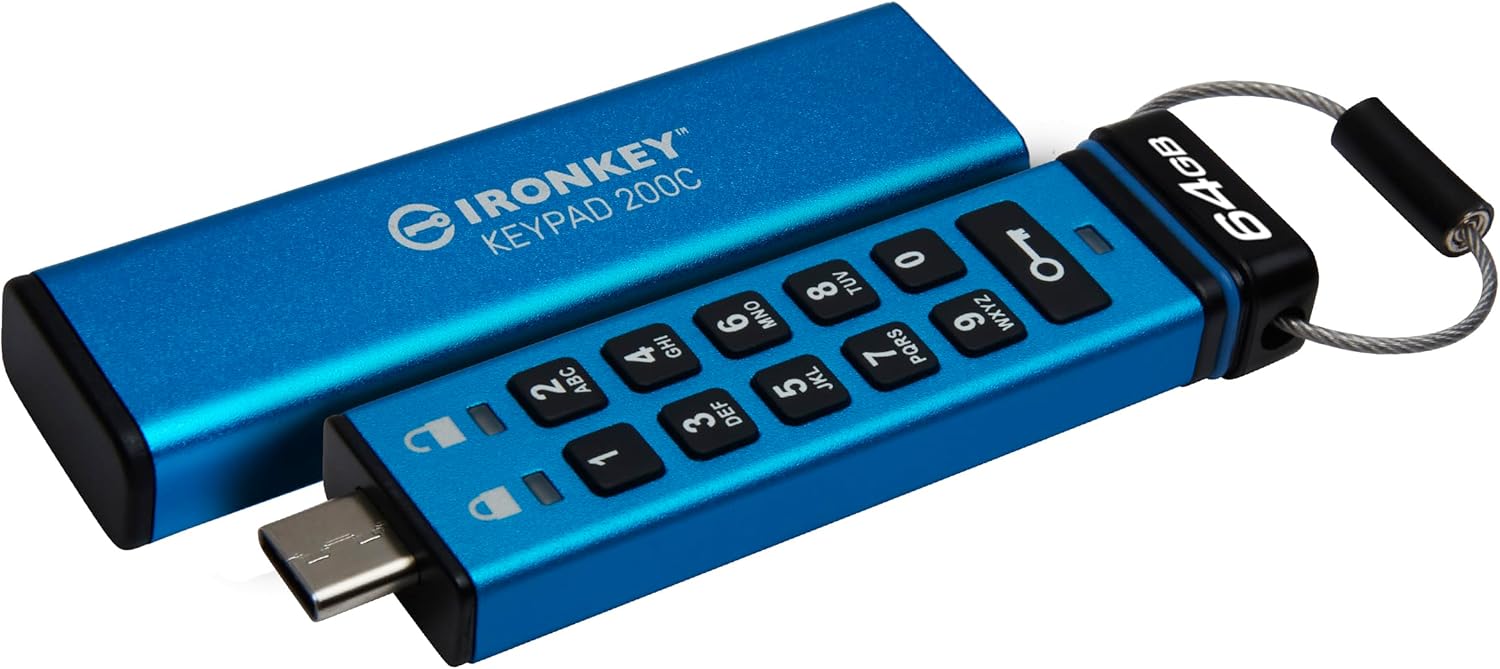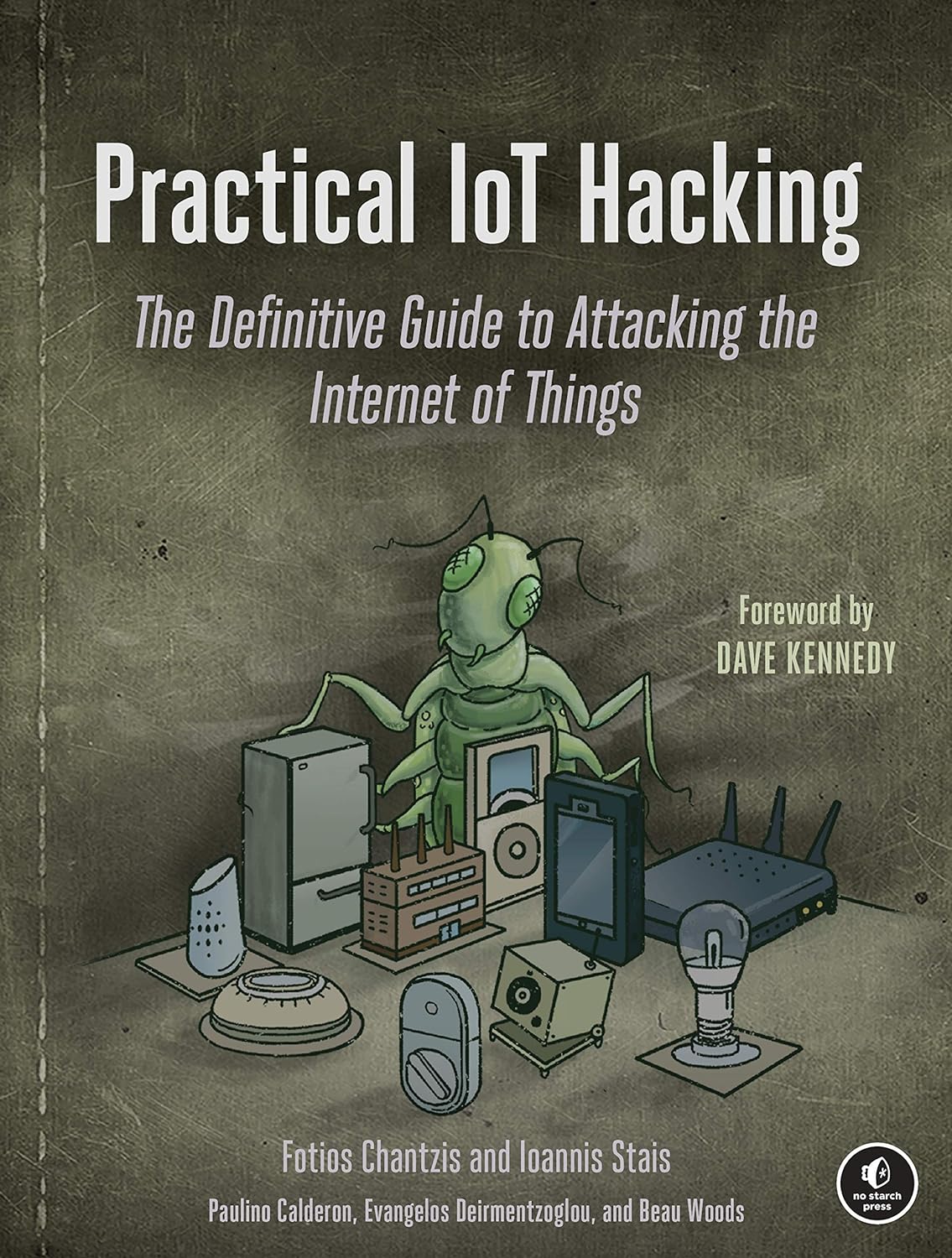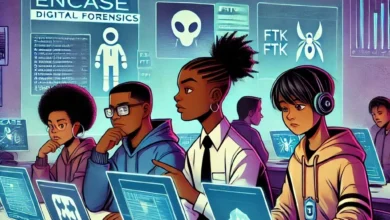Cultivating the Hacker Mentality: A Key to Bug Bounty Mastery
Adopting the Hacker Mindset for Enhanced Cybersecurity Tactics

Introduction to the Hacker’s Mindset
At the heart of every successful bug bounty hunter lies a unique combination of technical acumen and a distinctive mindset. This mindset, often akin to that of a professional hacker, is what truly differentiates the ordinary from the exceptional in the realm of cybersecurity. It’s not solely about the tools one uses or the code one writes; it’s about how one thinks, approaches problems, and perseveres through challenges.
The journey into understanding and adopting the hacker’s mindset is both intriguing and complex. It involves diving deep into the psychological and strategic aspects that constitute the backbone of ethical hacking. This article aims to shed light on the critical attributes—curiosity, persistence, analytical thinking, and creative problem-solving—quintessential for effectively identifying and exploiting vulnerabilities. These characteristics are not innate; they can be cultivated through practice, reflection, and a conscious effort to think differently.
Moreover, we’ll explore practical tips and exercises to help aspiring and seasoned bug bounty hunters develop this mindset. Understanding the hacker’s perspective is not just beneficial for technical success; it’s a catalyst for career growth and advancement in the cybersecurity field. As the digital landscape continues to evolve, the ability to think like a hacker becomes increasingly crucial. This article serves as your guide to mastering this mindset, providing you with the tools and knowledge needed to excel in ethical hacking and make significant contributions to cybersecurity.
Cultivating Curiosity and Persistence
At the core of the hacker’s mindset are curiosity and persistence—traits that drive individuals to explore the unknown and not give up in the face of challenges. These qualities are essential for bug bounty hunters, who must navigate complex systems and think outside the box to find vulnerabilities others might overlook.
Curiosity: The Foundation of Exploration
Curiosity pushes ethical hackers to ask questions, delve deeper into systems, and understand the intricacies of the technologies they are testing. It’s what compels them to dissect software and hardware, leading to the discovery of exploits that could otherwise remain hidden.
Example: Consider the mindset of a hacker exploring an unfamiliar web application. Instead of just scanning for common vulnerabilities, they might wonder, “What happens if I manipulate this request parameter beyond its expected value?” This curiosity could uncover a significant injection flaw that a less inquisitive approach might miss.
Persistence: Overcoming Roadblocks
Persistence is what keeps hackers going when they hit dead ends or when an exploit seems just out of reach. It’s the determination to try again, to approach the problem from a different angle, and to persevere until a vulnerability is successfully exploited.
Example: Imagine spending hours exploiting a potential SQL injection point with no success. A persistent hacker might revisit the documentation, tweak their payloads, or even step away for a bit to approach the problem with a fresh perspective. Often, it’s this relentless pursuit that leads to breakthroughs.
Strategies to Develop Curiosity and Persistence:
- Challenge Yourself Regularly: Set personal challenges to explore new technologies or dissect unfamiliar codebases. This practice not only builds technical skills but also nurtures a habit of curiosity.
- Learn from Failures: View each roadblock as a learning opportunity. Analyze what went wrong and what could be done differently next time. This approach reinforces persistence and turns setbacks into valuable lessons.
- Participate in CTFs and Bug Bounty Programs: These platforms offer real-world challenges requiring curiosity and persistence. They provide a practical arena to apply your skills, learn from others, and persist through challenges.
By fostering curiosity and persistence, you equip yourself with the mindset to explore the depths of systems and technologies, uncovering vulnerabilities that others might miss. These traits are not just valuable for bug bounty hunting; they’re essential for anyone looking to excel in the cybersecurity field.
Analytical Thinking and Creative Problem-Solving
The ability to break down complex problems and think creatively about solutions is what often separates successful ethical hackers from the rest. This part of the hacker’s mindset involves a blend of analytical thinking and creativity, enabling one to see beyond the surface and devise innovative approaches to security challenges.
Analytical Thinking: Dissecting Problems
Analytical thinking allows hackers to methodically understand how systems work and identify potential points of failure. It involves a logical approach to breaking down complex systems into smaller, more manageable components, making it easier to spot vulnerabilities.
Example: When faced with a seemingly secure application, an ethical hacker with strong analytical skills might start by mapping out the application’s architecture, identifying all the entry points, and methodically testing each one for vulnerabilities. By methodically analyzing the application piece by piece, they might uncover a hidden endpoint that wasn’t properly secured, revealing a critical vulnerability.
Creative Problem-Solving: Thinking Outside the Box
While analytical thinking is crucial, the ability to think creatively often leads to the discovery of novel exploits. Creative problem-solving involves looking at problems from new angles, using unconventional methods, or applying knowledge from different domains to find solutions.
Example: Consider an ethical hacker attempting to bypass a file upload restriction. Instead of giving up when standard methods fail, they get creative and experiment with encoding the file differently, ultimately discovering a loophole that allows them to upload a malicious file. This creativity turns a seemingly impenetrable defense into a successful exploit.
Strategies to Enhance Analytical Thinking and Creativity:
- Diversify Your Learning: Exposure to different technologies, programming languages, and cybersecurity domains can provide new perspectives and problem-solving approaches. Cross-disciplinary knowledge often sparks creative solutions.
- Practice Reverse Engineering: Taking apart software or hardware to understand its inner workings is an excellent way to develop both analytical and creative thinking skills. Try to reverse engineer small programs or devices to see how they function and think about how you might secure them better.
- Engage in Brainstorming Sessions: Collaborate with peers to brainstorm potential attack vectors or defenses. Group discussions can spark creativity and help develop the ability to think critically about security challenges.
- Participate in Hackathons: Hackathons offer a time-bound challenge that forces you to think creatively under pressure. They’re an excellent way to practice coming up with innovative solutions quickly.
By cultivating analytical thinking and creative problem-solving abilities, you prepare yourself to tackle various cybersecurity challenges. This combination is powerful, enabling you to understand complex systems and think like an attacker and anticipate unconventional ways they might exploit vulnerabilities.
Developing a Proactive and Adaptive Approach
A critical aspect of the cybersecurity mindset is the ability to be proactive in anticipating threats and adaptive in responding to the ever-changing landscape of cyber threats. This means looking for existing vulnerabilities, anticipating potential vulnerabilities, and adapting strategies as new types of threats emerge.
Proactivity: Anticipating Threats
Being proactive involves staying ahead of threats by continuously learning about new vulnerabilities, attack methods, and security technologies. It means thinking several steps ahead of potential attackers and preparing defenses before an attack occurs.
Example: A proactive bug bounty hunter might research new and emerging technologies, such as IoT devices or blockchain, to understand potential vulnerabilities before they become widespread. For instance, by studying the security implications of smart home devices early on, a hunter could identify vulnerabilities related to default settings or insecure communication protocols before they are exploited in the wild.
Adaptivity: Evolving with the Cybersecurity Landscape
Adaptivity requires the flexibility to change tactics and strategies as new information and technologies emerge. This means being open to learning from each security challenge and being willing to adopt new tools or approaches as needed.
Example: When a new type of malware starts spreading through previously unknown methods, an adaptive cybersecurity professional quickly familiarizes themselves with the malware’s behavior, updates their security tools to detect it, and shares their findings with the community to help others protect against it. This adaptiveness ensures that defenses remain effective even as threats evolve.
Strategies to Foster Proactivity and Adaptivity:
- Continuous Learning: Stay informed about the latest cybersecurity trends, threats, and defenses by following industry news, attending conferences, and participating in professional forums. This ongoing education is key to staying proactive.
- Experimentation: Regularly test new tools, technologies, and attack methodologies in a controlled environment. This hands-on experimentation encourages adaptivity by forcing you to confront new challenges and think about how to overcome them.
- Feedback Loops: Create a system for regularly reviewing and updating your cybersecurity practices based on new information and experiences. This could involve conducting post-mortem analyses of security incidents or participating in peer reviews to gain insights from others’ experiences.
- Networking with Peers: Engage with other cybersecurity professionals to exchange knowledge and experiences. This network can be an invaluable resource for staying current on emerging threats and best practices.
By developing a proactive and adaptive approach to cybersecurity, you’ll be better equipped to anticipate future threats and respond effectively to the dynamic nature of cyber attacks. This mindset not only enhances your capabilities as a bug bounty hunter but also contributes to the overall resilience of the cybersecurity ecosystem.
Empowering the Next Generation of Cybersecurity Experts
As we navigate through the complexities of cybersecurity and ethical hacking, it’s clear that developing the right mindset is as crucial as acquiring technical skills. Aimed specifically at Millennials, Gen Z, and the emerging Gen Alpha, this article has endeavored to illuminate the path to mastering the art of ethical hacking, emphasizing not just the technical prowess but the mental agility required to excel in this field.
The journey into cybersecurity is both challenging and rewarding, presenting opportunities to protect digital assets, ensure privacy, and safeguard our increasingly interconnected world. By adopting the mindset of curiosity, persistence, analytical thinking, and creative problem-solving, and being proactive and adaptive, young professionals can set themselves apart in the competitive landscape of bug bounty hunting and cybersecurity.
BugBustersUnited: Your Companion on the Cybersecurity Journey
At BugBustersUnited, we support the growth and development of aspiring bug bounty hunters and cybersecurity professionals. We understand the value of community, knowledge sharing, and continuous learning in advancing one’s career in cybersecurity. As such, we encourage our readers, especially those from the younger generations, to dive deep into the world of ethical hacking with an open mind and a willingness to learn and grow.
We Want to Hear From You
Your journey, challenges, successes, and insights are what make our community vibrant and enriching. BugBustersUnited is more than a platform; it’s a community where every member’s voice matters. We invite you to share your thoughts on this article, your experiences in bug bounty hunting, and any suggestions you have for future topics. Whether it’s a new tool you’ve discovered, a challenge you’ve overcome, or a piece of advice you wish to pass on, your contributions can inspire and motivate others in their cybersecurity endeavors.







